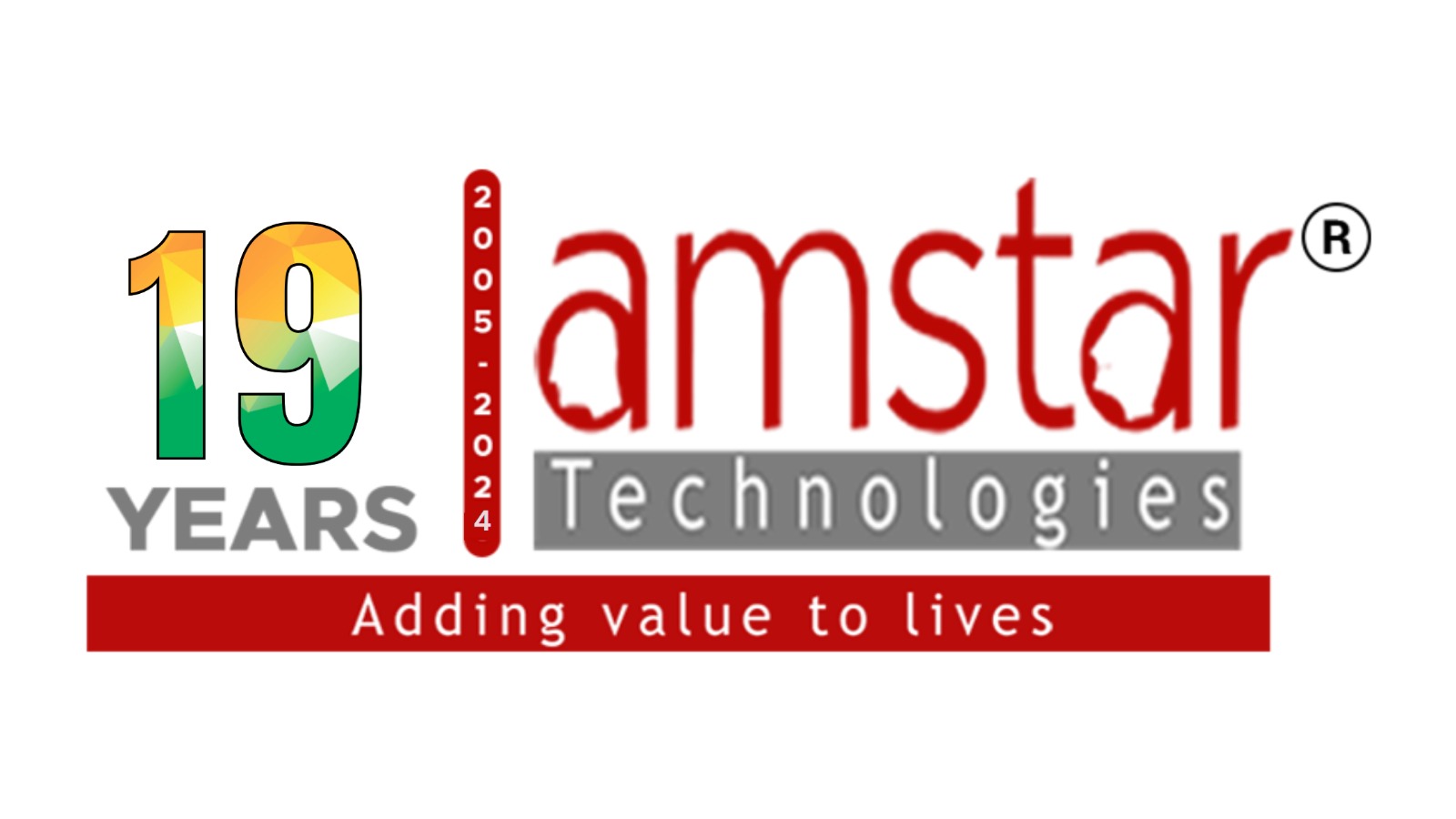ISTQB Foundation Certification Course
Course Duration: 24 hrs
Trainer: Abdul
Training Date: Nov 21st, 28th, Dec 5th (8 hrs each day)
Voucher: A certification voucher will be provided at the end of the course.
Contents
Introduction
Fundamentals of Testing
- What is Testing?
o Typical Objectives of Testing
o Testing and Debugging - Why is Testing Necessary?
o Testing’s Contributions to Success
o Quality Assurance and Testing
o Errors, Defects, and Failures
o Defects, Root Causes and Effects - Seven Testing Principles
- Test Process
o Test Process in Context
o Test Activities and Tasks
o Test Work Products
o Traceability between the Test Basis and Test Work Products - The Psychology of Testing
o Human Psychology and Testing
o Tester’s and Developer’s Mindsets
Testing Throughout the Software Development Lifecycle - Software Development Lifecycle Models
o Software Development and Software Testing
o Software Development Lifecycle Models in Context - Test Levels
o Component Testing
o Integration Testing
o System Testing
o Acceptance Testing - Test Types
o Functional Testing
o Non-functional Testing
o White-box Testing
o Change-related Testing
o Test Types and Test Levels - Maintenance Testing
o Triggers for Maintenance
o Impact Analysis for Maintenance - Static Testing
- Static Testing Basics
o Work Products that Can Be Examined by Static Testing
o Benefits of Static Testing
o Differences between Static and Dynamic Testing - Review Process
o Work Product Review Process
o Roles and responsibilities in a formal review
o Review Types
o Applying Review Techniques
o Success Factors for Reviews
Test Techniques - Categories of Test Techniques
o Choosing Test Techniques
o Categories of Test Techniques and Their Characteristics - Black-box Test Techniques
o Equivalence Partitioning
o Boundary Value Analysis
o Decision Table Testing
o State Transition Testing
o Use Case Testing - White-box Test Techniques
o Statement Testing and Coverage
o Decision Testing and Coverage
o The Value of Statement and Decision Testing. - Experience-based Test Techniques
o Error Guessin
o Exploratory Testing
o Checklist-based Testing
Test Management
- Test Organization
o Independent Testing
o Tasks of a Test Manager and Tester - Test Planning and Estimation
o Purpose and Content of a Test Plan
o Test Strategy and Test Approach
o Entry Criteria and Exit Criteria (Definition of Ready and Definition of
Done)
o Test Execution Schedule
o Factors Influencing the Test Effort
o Test Estimation Techniques - Test Monitoring and Control
o Metrics Used in Testing
o Purposes, Contents, and Audiences for Test Report - Configuration Management
- Risks and Testing
o Definition of Risk.
o Product and Project Risks
o Risk-based Testing and Product Quality
Tool Support for Testing - Test Tool Considerations
o Test Tool Classification
o Benefits and Risks of Test Automation
o Special Considerations for Test Execution and Test Management Tools - Effective Use of Tools
o Main Principles for Tool Selection
o Pilot Projects for Introducing a Tool into an Organization
o Success Factors for Tools
References - Standards
- ISTQB documents
- Books and Articles
- Other Resources (not directly referenced in this Syllabus)
Appendix A – Syllabus Background - Objectives of the Foundation Certificate Qualification
- Objectives of the International Qualification
- Entry Requirements for this Qualification
- Background and History of the Foundation Certificate in Software Testing.
Trainer Summary:
Abdul is a certified ISTQB, ISQI, Microsoft, Micro Focus & HP Certified Trainer since 10+
years. He has trained 100+ batches on software testing and certifications. Delivered 30+
workshops on Software Testing, Manual, and Automation Courses. He is an expert in designing
POC’s preparing proposals and estimations for software testing projects.
